CSU Issues Final 2025 Atlantic Hurricane Season Forecast
Colorado State University released its final forecast for the 2025 Atlantic hurricane season. The forecast team at CSU, led by meteorologist Dr. Phil Klotzbach, kept their predictions the same as July. For August, they are stuck with 16 named storms overall, with eight of those predicted to be hurricanes, and three major hurricanes.
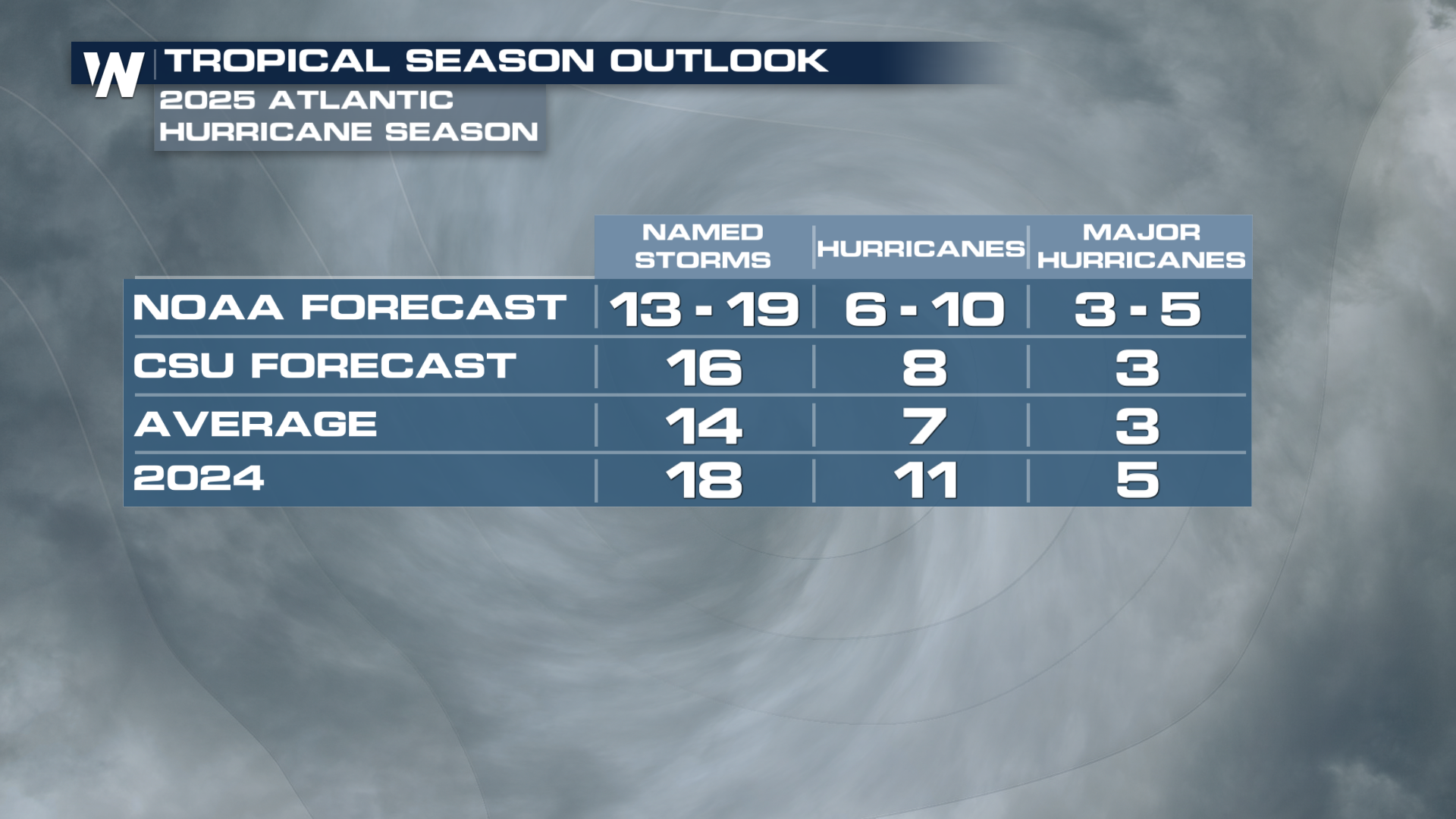
The reason why the forecast has not changed much, or has gone down slightly since the April forecast of 17 named storms, is the uncertainty across the tropics. While sea surface temperatures in both the Atlantic and Pacific are still warm, and this tends to support storm formation, upper-level winds over the Caribbean have been unusually hostile during June and July. This atmospheric setup typically suppresses hurricane development in the Atlantic basin.
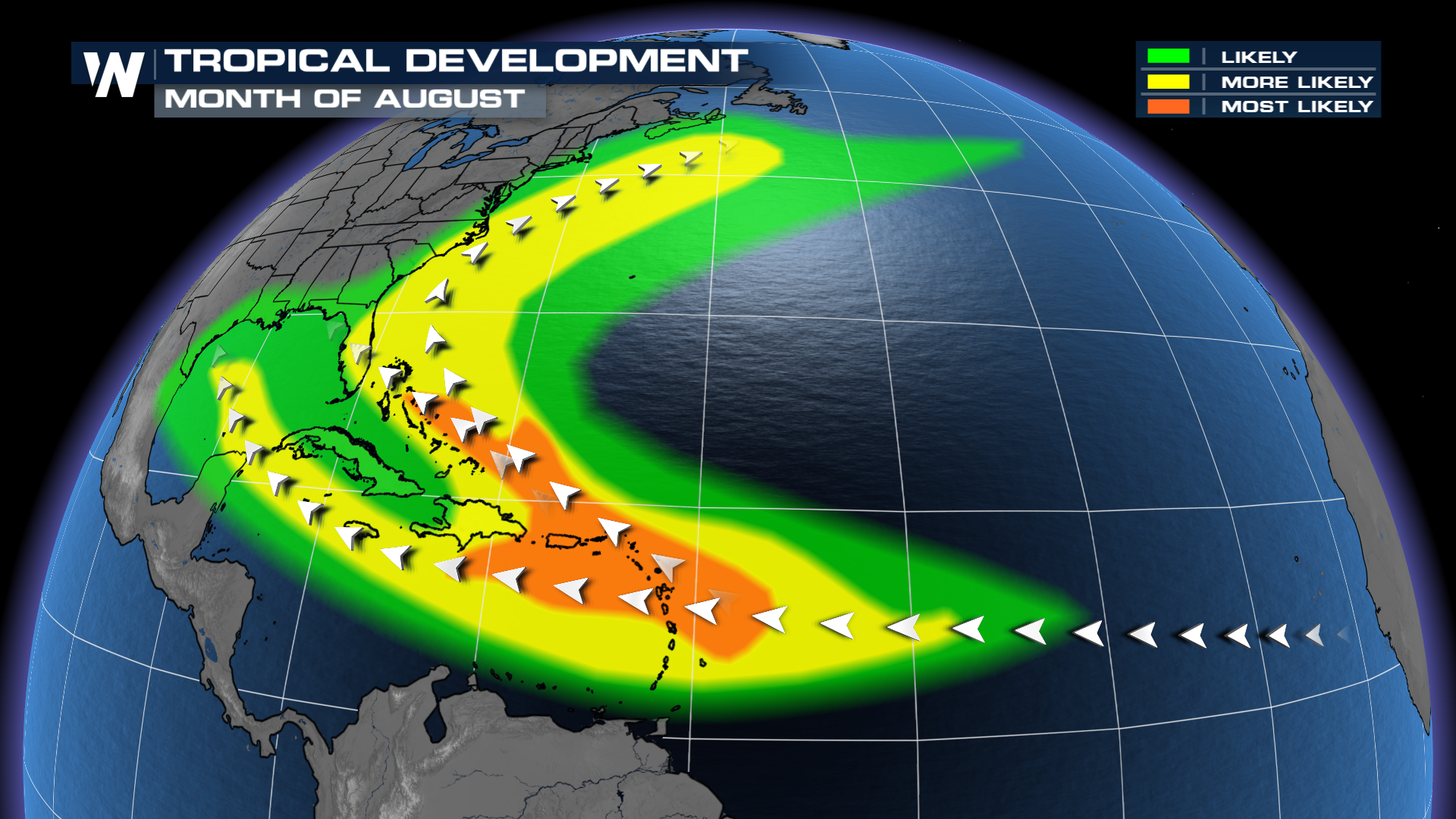
Still, the forecast predicts an above-average season. The reason behind driving factor behind the above-average forecast remains the exceptionally warm waters across the eastern and central Atlantic Basin. Combined with a neutral El Niño-Southern Oscillation (ENSO), a state that neither strongly inhibits nor enhances storm activity, these conditions could still favor a more active season.
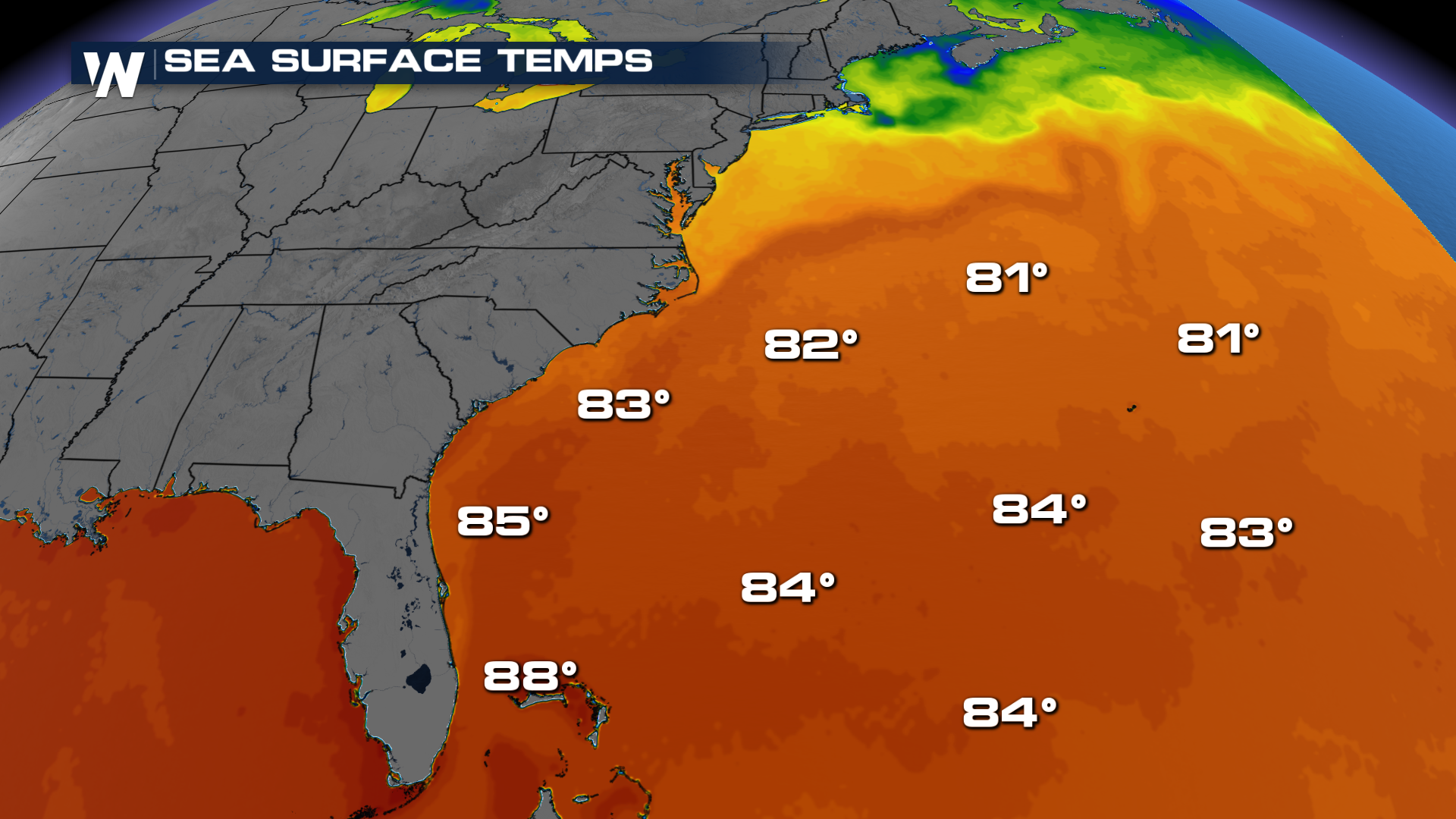
Yet, forecasters are closely watching high levels of wind shear in the Caribbean, a phenomenon involving shifts in wind direction and speed with height. This shear is known to disrupt storm development.
CSU also warns that the U.S. coastline faces an above-average risk of at least one major hurricane making landfall this season, a reminder that even in uncertain years, coastal residents should remain vigilant.
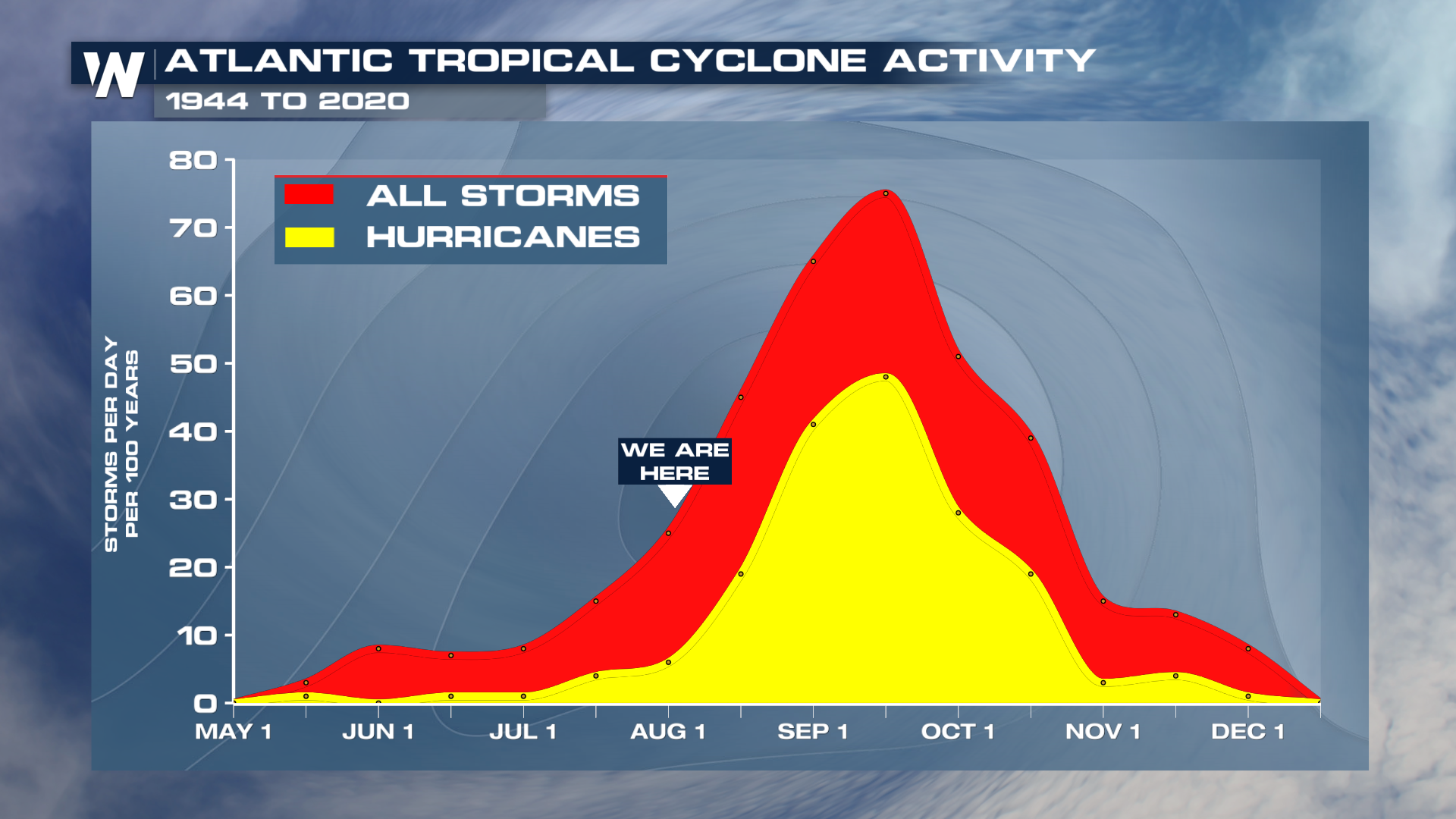 With the arrival of August, the Atlantic hurricane season is entering its most active stretch, which typically peaks around September 10. The pattern is starting to get more active in the Atlantic. Tropical Storm Dexter is still making waves (literally) in the Atlantic, and there are two additional areas to watch in the central Atlantic and off the Southeast coast.
With the arrival of August, the Atlantic hurricane season is entering its most active stretch, which typically peaks around September 10. The pattern is starting to get more active in the Atlantic. Tropical Storm Dexter is still making waves (literally) in the Atlantic, and there are two additional areas to watch in the central Atlantic and off the Southeast coast.
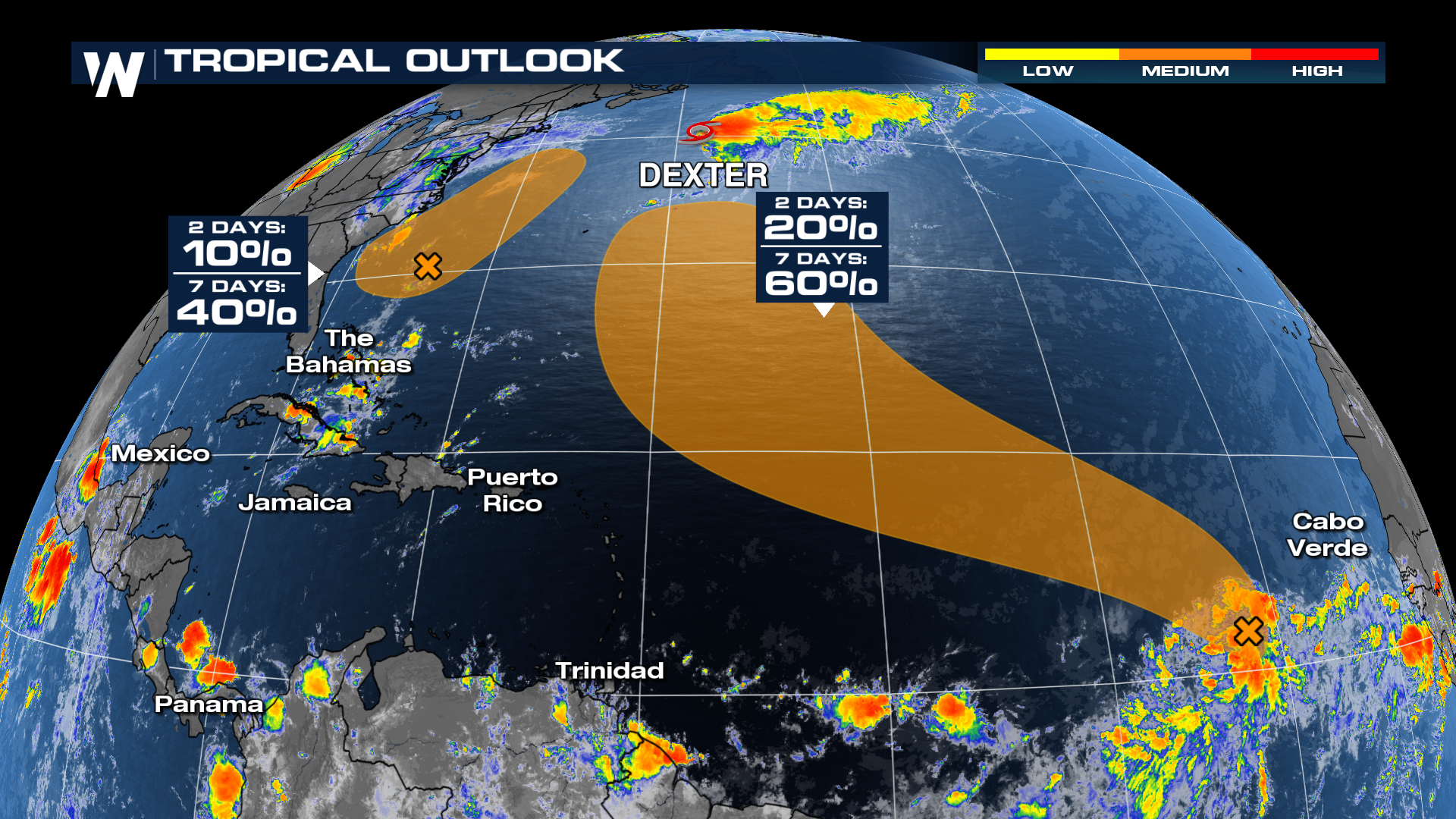 The Atlantic hurricane season officially runs through November 30, leaving several more months of potential activity ahead. Tune into WeatherNation for the latest Tropical updates.
The Atlantic hurricane season officially runs through November 30, leaving several more months of potential activity ahead. Tune into WeatherNation for the latest Tropical updates.